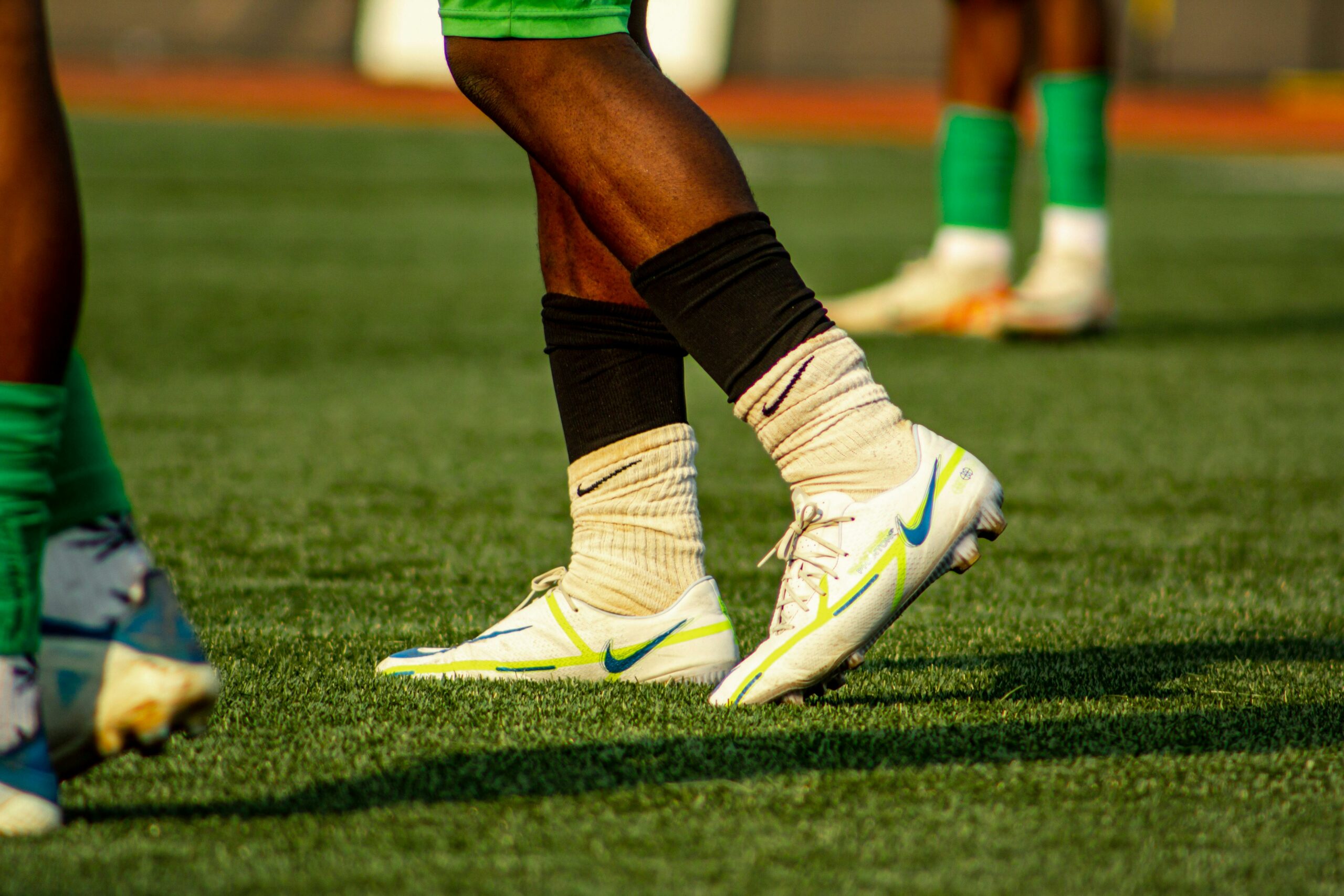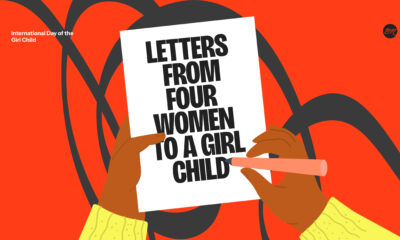Features
What Happens to Nigerian Athletes Post-Retirement?

Since the beginning of the Olympics this year, I have started researching more Nigerians in other sports besides football, which I’m more familiar with. From tennis to race, from long jump to boxing, it’s interesting to see that Nigerians – starting from the grassroots at home – have achieved splendid achievements on the global stage. This got me curious if I was oblivious to my country’s sports history or if proper documentation and celebration have been absent of those achievements. Without reading or doing heavy research, I encountered Usain Bolt, Serena Willaims and other athletes’ names subconsciously. Why didn’t I encounter my country’s athletes too?
Twenty-five years ago, Chioma Ajunwa-Okpara became Nigeria’s first Olympic Gold individual medalist with her long jump victory at the 1996 Atlanta Games. Certainly, her name was etched into the corridors of Nigerian sports history, a beacon of pride for the nation. Yet, as hugely important as that achievement was (still is) her presence in the public eye has not been as prominent as I’d have expected. She narrated in an interview how winning the gold medal at the Olympics was largely celebrated in the country. “The crowd I met at the airport was overwhelming and unprecedented. The government declared a three-day public holiday, we were driven round the country in a motorcade.” Today, I’ve been wondering: what becomes of Nigeria’s sports heroes after the applause fades?
In the UK, athletes’ careers often shift into new roles that keep them in the limelight. Footballers like Gary Lineker and Gary Neville transition into media roles, offering punditry on major sports networks. Serena Williams, after her stellar tennis career, has not only remained relevant through her business ventures but has also become a significant voice in sports and popular culture. Even after retirement, the visibility of these athletes speaks to a system that values and sustains their contributions beyond their active years.
However, in Nigeria, the story is not the same. Names that once commanded global attention in the world of football and other sports have largely receded from public view. I wonder why their achievements in the field have not translated into sustained visibility or influence off it.
I am seeking to explore why this happens, and what it says about how Nigeria honours, or fails to honour, its past heroes in sports.
Absence of Institutional Support
One of the most glaring differences between the experiences of retired athletes in Nigeria and those in places like the UK or the US is the level of institutional support. In these countries, there are structures in place to help athletes transition into new roles. For instance, the Professional Footballers’ Association (PFA) in the UK offers a range of services to help retired footballers find new career paths, from education grants to networking opportunities within media and coaching.
In contrast, Nigerian athletes often find themselves without such a safety net. The lack of a robust support system means that many are left to navigate retirement on their own, often with little to no guidance on how to leverage their sports careers into other ventures. Nowadays, most athletes with Nigerian roots would rather play for another country than Nigeria. This absence of support not only impacts their post-retirement success but also contributes to the erasure of their contributions from the public consciousness.
While this is not particular only to Nigeria, it speaks to the volume of misalignments and poor institutions in the country. This year, Favour Ofili was unable to compete in the 100 meters at this Olympic Games because the Athletics Federation of Nigeria (AFN) and Nigeria Olympic Committee (NOC) did not register her name. When the institutions failed to cater for the present and playing athletes, what assurance does that give they’d be concerned about the retirees?
Cultural Attitudes
Until a player or athlete becomes valuable on the international stage, I have also realised that Nigerians have a nonchalant attitude towards sports generally. This somewhat influences how the legends are revered. In households, everyone wants their children to become lawyers, doctors and engineers. Stereotypically speaking, no one hopes to raise a child in the country who wishes to become a footballer someday. In Europe and the Americas, children see morales and graffiti of athletes on the walls and streets, which subconsciously influence their future aspirations. Statues are erected, and their stories are told and retold, ensuring that their legacy endures and inspires generations. That celebration of legacy is not as ingrained in Nigerian culture. We often celebrate current success over past glories, with a focus on the present rather than a sustained appreciation of history. In a few years to come, some of the current athletes will quickly be forgotten as new stars emerge. And it somewhat reverses the institution. The Nigerian system does not regard sports as an exportable material.
The Role of The Media
I believe the media also plays a role in the public recession of former athletes. In the UK, for instance, former athletes are regularly featured as pundits, columnists, and commentators, which keeps them in the public eye. This constant presence helps to sustain their relevance and ensures that their legacy endures.
In Nigeria, however, the media landscape does not offer the same opportunities. There are even no platforms dedicated to sports analysis and commentary. This lack of visibility in the media means that athletes are quickly forgotten once they retire. Even the most decorated of Nigerian sports figures struggle to maintain a presence in the public discourse.
I understand that some of the athletes might not be easily accessible, but media is media for a reason; if there had been a thriving culture of dedicated platforms and ones that feature former athletes, featuring them wouldn’t have been as difficult. And this adds, again, to the volume of the character of the Nigerian system. The system does not appreciate sports enough to generate revenue which seeps down to the grassroots. The last budget for sports, N31.24 billion, was described by a former athlete, Sadiq Abdullah, as “Nigeria not ready to develop sports.”
If Nigeria is to do justice to the legacy of its sports heroes, there needs to be an effort to change the way athletes are treated, which would transfer into how they are treated during retirement. This could start with the establishment of better support systems for athletes during and outside active competition. A national body dedicated to the welfare of athletes, similar to the PFA in the UK, could provide much-needed guidance and opportunities. It doesn’t speak well that our athletes rewash their only jerseys throughout a tournament or that the bodies responsible fail to enter them for competitions.
If Nigeria is to truly honour its sports legends, it must address these issues and create an environment where their legacy can endure long after their playing days are over. Chioma Ajunwa-Okpara’s achievements, and those of countless other Nigerian athletes, deserve to be remembered and celebrated, not just on anniversaries, but as a lasting part of the country’s heritage.
***
Feature Image by Victor Chijioke for Pexels























